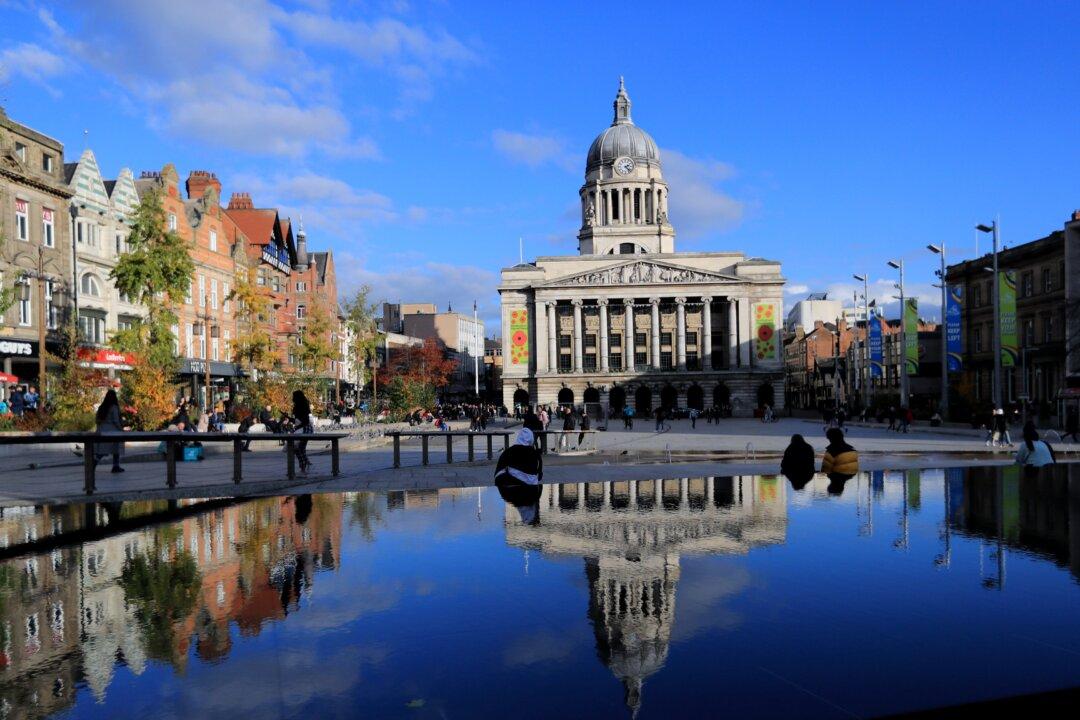A Hong Kong diaspora group calling for the de-twinning of Nottingham and Ningbo said it’s “deeply disappointed” after the English City Council declined to cut ties with the Chinese city.
After a months-long review process, the council said it’s hoping the ties would allow Chinese students to keep travelling to Nottingham through an established university link so that they can be exposed to democratic ideas.





